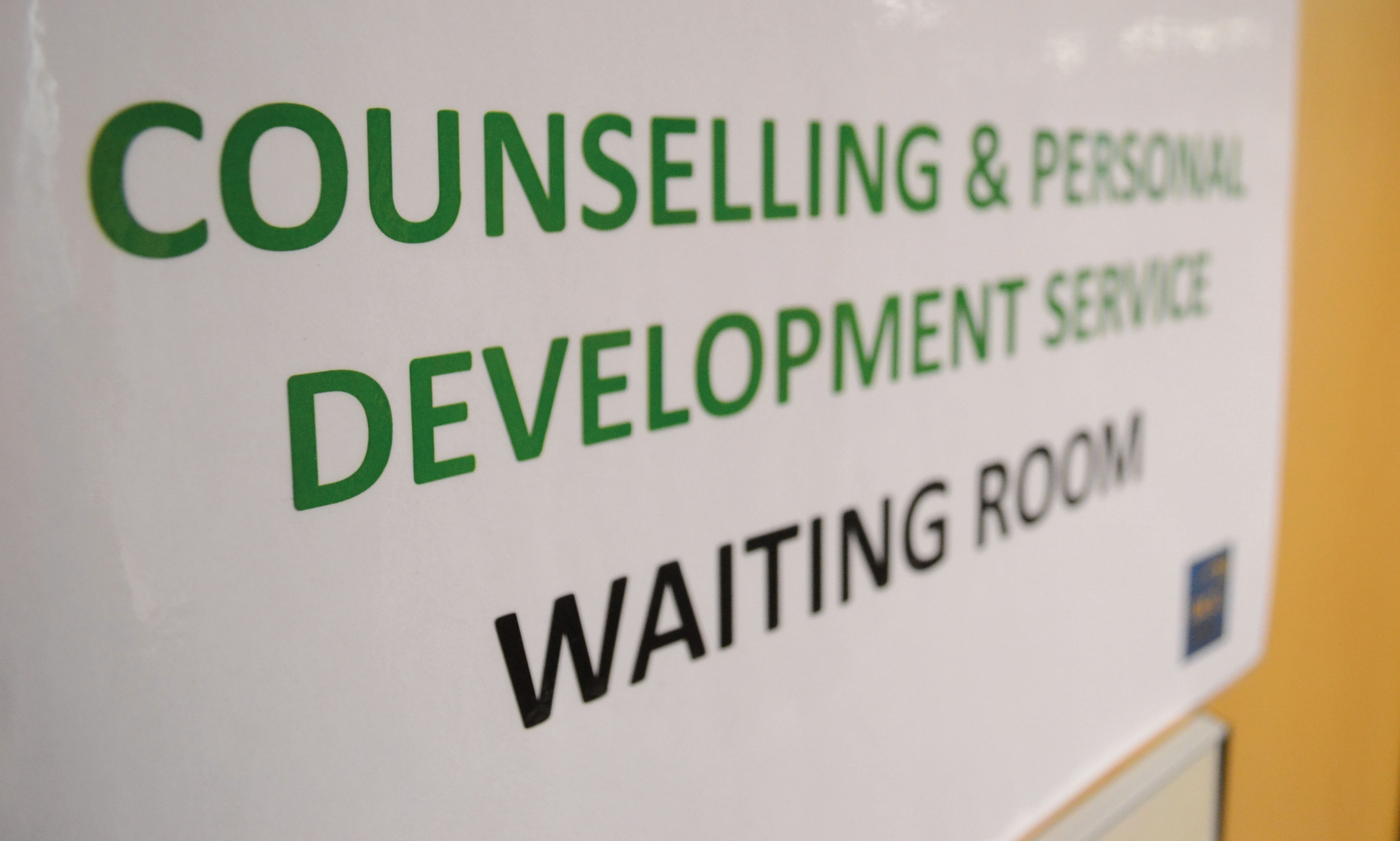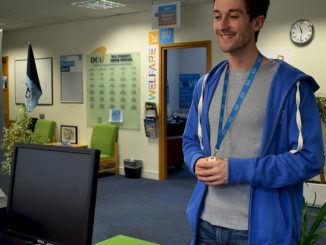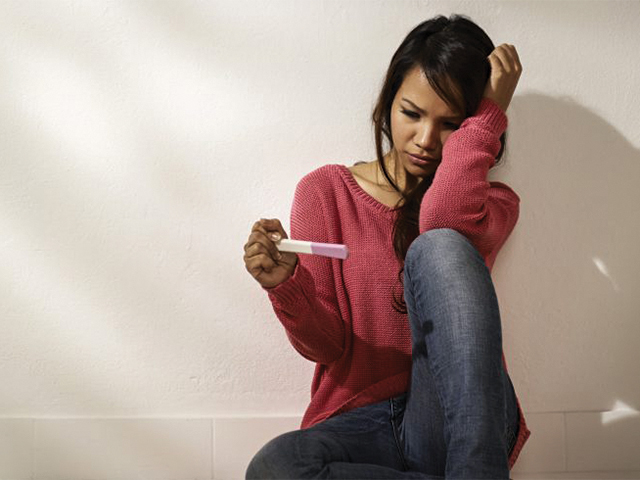
[dropcap]D[/dropcap]CU have been working over the summer with an external organisation who offer 24/7 telephone counselling and will offer counselling in different locations around the country.
Queen’s University in Ulster have a similar version of this programme.
“I have been informed by my counselor that DCU is going to receive a 24 hour call line for those who need advice or just a chat very soon,” said Liam De Brun, a student at the university.
“Counselling was not necessarily what I intended to go to at the time, I just wanted help. It made me feel at ease instantly. I was just going because of how many friends and family were worried about me,” he added.
Liam has had two heart operations in the last three months and he’ll be having a third procedure in January. This situation sometimes makes him feel mentally unwell and he was suggested to go to counselling. When he filled out a questionnaire, he had his first appointment within two weeks.
“The thing about my counselor is that when I talk about my depression, he doesn’t talk to me like I’m crazy. During my time in counselling, I have had a lot of bad things happen. I went through a very awful spell of suicidal thoughts and mild self harming,” said De Brun.
He describes counselling as the best thing he’s ever done. He gets a one hour session every two weeks where he speaks to his counselor about his life.
“I went to a counselor in first year as college work, personal life and an unfortunate issue arose for me. The counselling service was second to none in quality but the wait time was absolutely chronic,” said a student from the St Patrick’s campus, speaking to The College View.
“I think I waited four weeks but I don’t think I would have made it through first year without the help as talking and looking for a shared solution made things seem less bleak and scary,” they added.
“Last year, I was recommended to visit a counselor on campus by my GP. I was told that was the quickest way to be seen by one, rather than being on a HSE waiting list which could’ve been months. I was on the waiting list for two weeks and within that time DCU nurses and Access counselors were checking in on me so I wasn’t alone,” another student, who wished to remain anonymous, told The College View.
Between both Glasnevin and St Patrick’s campuses, there are four full time counselors, two sessional counselors and up to five other councilors doing hours throughout the year. This year, there is an additional counselling room on the Glasnevin campus, so there are now four rooms. There are also more counselling hours available.
The Counselling and Personal Development Service is staffed by qualified and experienced counselling psychologists. It’s a professional, confidential and free service which is available to all undergraduate and postgraduate students.
The service provides one-to-one counselling which deals with a wide range of personal, academic, family, social, psychological and mental health issues that hinder a student’s academic performance in a non-judgmental manner. They also help at the time of immediate crisis and provide wellbeing and mental health information. Mindfulness based stress reduction and life skills programmes are also available.
“We’re tweaking all the time and making sure we see all students, whether it’s holding types of workshops we think are necessary, for example around exam time,” said Dr. Claire Bohan, director of Student Support and Development.
She described the service as “a counselling service for all students to deal with current issues. It’s the same as our health service, it deals with students issues as they arise in college.” She explained that those who are most at risk are put to the top of the list.
“A concern we always have is that we hope to see as many students as we possibly can. We always hope to catch students who need service as soon as possible. We do have students that have been there longer term but in order to keep the system flowing, for example we have students coming in for different reasons at different times – we try to work with students for a certain amount of weeks or months to try and get them through the issue,” added Dr. Bohan.
Some other universities have 12-14 week waiting lists. In February, over 80 students were on Trinity’s counselling waiting list, meanwhile DCU have a constant active management.
“At the moment our waiting list is fine. The worst waiting lists we’ve had has been about five weeks. You’ve 12 weeks in a semester to make a difference, our aim is helping you get through your studies. 5 weeks in an academic semester is too long to wait. My aim is to get students seen as quickly as possible. I want a service that delivers now,” she added.
“If someone is particularly worried about a student they can get recommendations through a member of lecturing staff, disability service, health centre, external doctor or me. They might be brought in quicker if there has been an event. We have emergency slots to make sure that they are seen as quickly as possible.”
“We often have students coming in saying that they are concerned about their friends or concerned parents ringing up asking about their son or daughter.” said Dr. Bohan.
Professional counsellors assess every student that registers with this service and they are given the help that they qualify for. This system is internationally recognised as a CORR tryout.
When registering with the service they offer ‘A Personal Development Information Pack’ which contains a well-being resource planner with tips for well-being and good health, a list of self-help books recommendations and additional student support and development services. These include student advice, learning support, financial assistance, medical assistance, practical occupational therapy and spiritual support.
If a student doesn’t qualify for a one on one session with a counsellor they will be sent an invitation to a broad range of general mental health group sessions which offer different workshops, including ‘Stress and Anxiety’ and ‘Low Mood’.
If counsellors feel that students require one to one counselling, it is offered according to urgency and when space becomes available. The counsellors assess the students prior counselling and after counselling to see the improvement in students and if their level of mental health has improved after the sessions.
Amy Donohue
Image Credit: Orla Dwyer



